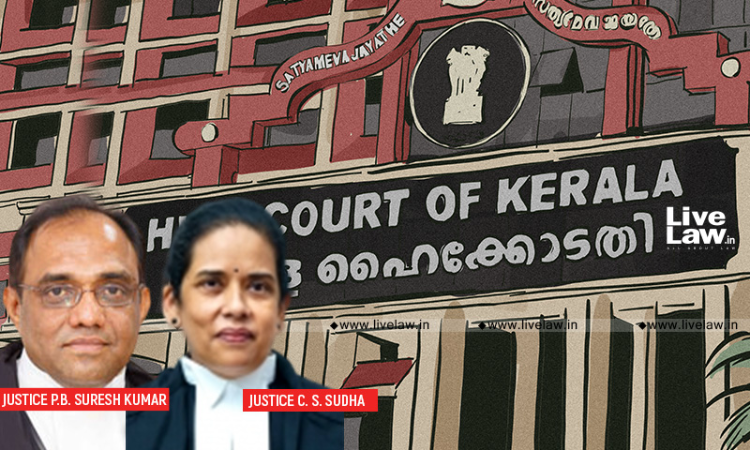Can't Refer Dispute To Arbitration Unless There Is A Clear, Unequivocal Denial Of A Right: Kerala High Court
Hannah M Varghese
1 July 2022 9:15 PM IST

Next Story
1 July 2022 9:15 PM IST
The Kerala High Court has held that the cause of action giving a party the right to refer a dispute to arbitration only accrues when there is a clear and unequivocal denial of a right by one party by the other.Holding so, a Division Bench of Justice P.B. Suresh Kumar and Justice C.S Sudha dismissed the appeal moved by Southern Railway challenging the decision of the Additional...
